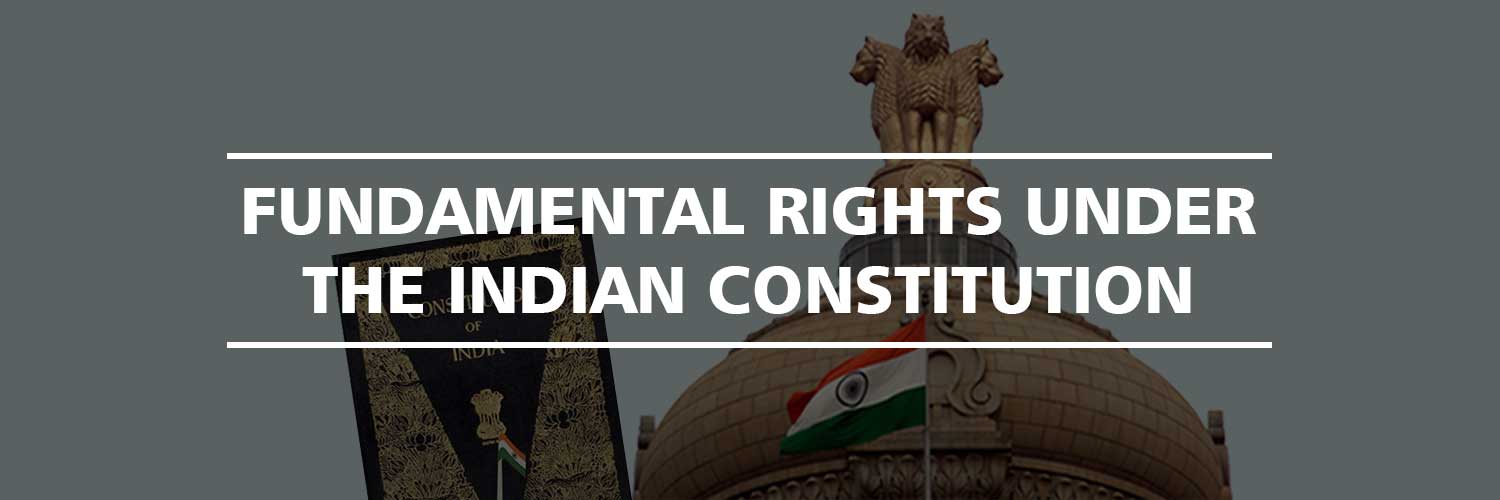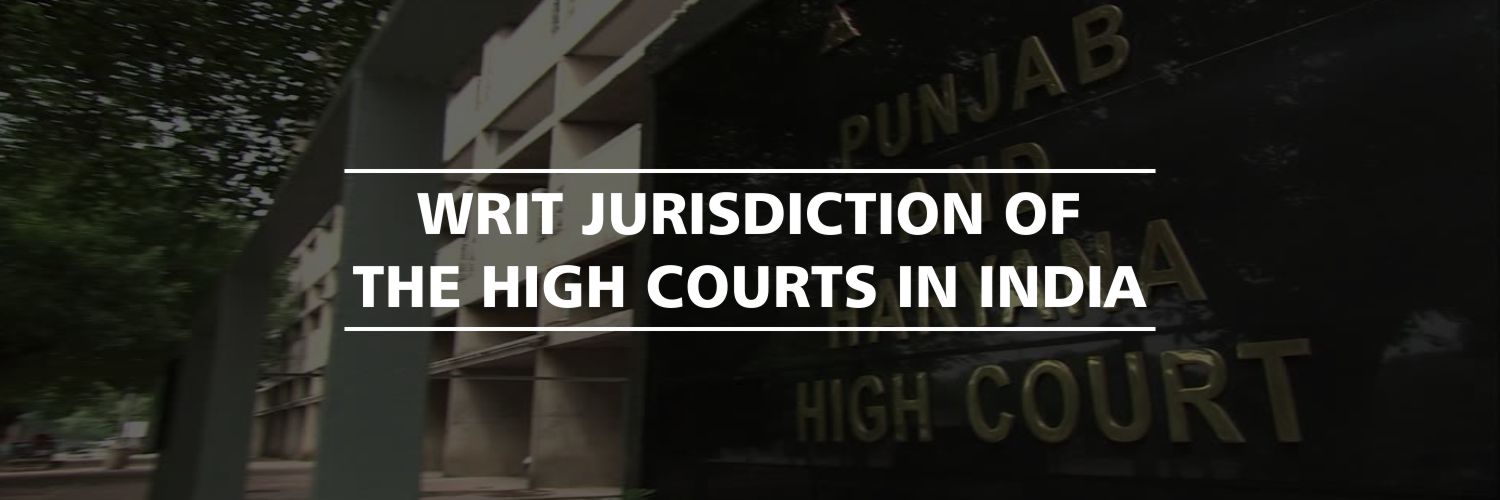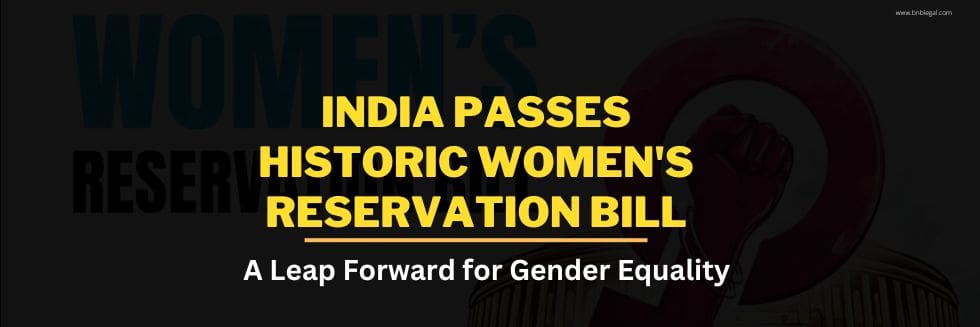The Bombay High Court’s decision in the case of Viraj Chetan Shah v. Union of India and Ors. (2024) has brought to light the constitutional implications of amendments that permit heads of public sector banks to issue Look Out Circulars (LOCs) against borrowers who default on their loans, thereby limiting their ability to travel overseas. The petitioner contested these amendments, arguing that they infringe upon fundamental rights as outlined in Articles 14 and 21 of the Constitution, by restricting liberty through executive action without the support of a statute or a defined procedure.
The Genesis of the Case
The case of Viraj Chetan Shah v. Union of India and Ors. (2024) is part of a series of cases that question the constitutional validity of certain amendments to the Office Memoranda (OMs) issued by the Ministry of Home Affairs (MHA). These amendments enabled the heads of public sector banks (PSBs) to request the issuance of LOCs against borrowers who default on their loans.
Viraj Chetan Shah, the petitioner in the primary case, was a director and personal guarantor for loans procured by a company named P&S Jewellery Ltd. from a consortium of banks, including the Union Bank of India (UBI). Following the company’s failure to repay the loans, UBI initiated proceedings under the SARFAESI Act and declared Viraj Chetan Shah a wilful defaulter. Consequently, at the behest of another PSB, the State Bank of India, SBI issued an LOC against Shah to prevent him from leaving the country.
Shah challenged the constitutional validity of the amendments to the OMs that allowed PSB heads to request LOCs, arguing that they violated his fundamental rights under Articles 14 and 21 of the Constitution. He also contended that the OM is contrary to the right to travel abroad.
The Right to Travel Abroad
The Constitution of India does not explicitly mention the right to travel abroad. However, it has been interpreted as a component of the fundamental right to life and personal liberty, as guaranteed under Article 21 of the Constitution.
The Government’s Stand
The government defended these measures, stating that they were necessary to combat the rise in wilful defaulters and economic offenders. It further argued that the circulars contained checks and balances to prevent arbitrary deprivation of life or personal liberty. However, the court found these arguments insufficient to justify the curtailment of fundamental rights.
The Court’s Observations
The court noted that the right to travel abroad, being part of the fundamental right to life under Article 21 of the Constitution, cannot be curtailed by an executive action in the absence of a governing statute or controlling statutory provision.
While the entire field of controlling entry and exit from India’s borders is not fully occupied by the Passports Act 1967, the Office Memoranda (OMs) may validly authorize the issuance of LOCs in cases other than the ones under consideration in these cases (for instance, at the request of another agency or following a court order).
The OMs themselves were not found to be per se arbitrary and unconstitutional as ultra vires Articles 14 and 21 of the Constitution. However, the inclusion of Chairmen/Managing Directors/CEOs of all public sector banks in Clause 6(B)(xv) of the 22nd February 2021 OM, effected by the previous amendment, was held to be bad in law and liable to be struck down on the grounds of arbitrariness, unreasonableness, improper and invalid classification, and conferment/delegation of unanalysed and excessive power.
The court did not find Clause 6(J) of the OM dated 22nd February 2021, which allowed LOCs to continue until cancelled instead of providing a fixed term, to be ultra vires Articles 14 and 21 or manifestly arbitrary, unreasonable and disproportionate.
The impugned LOCs issued by PSBs were quashed and set aside for being ultra vires Articles 14 and 21, including for infringing a fundamental right except according to a procedure established by law and failure to abide by mandated minimum procedural norms, as well as for being unreasonable and arbitrary.
Implications and Future Course of Action
The court’s ruling does not affect existing restraint orders issued by competent authorities but provides clarity on the limits of executive power. It emphasizes the importance of due process and legal scrutiny in matters affecting individual rights. Moving forward, banks have avenues to seek remedies through courts or invoke relevant laws like the Fugitive Economic Offenders Act, 2018.
__________________________________________________________________________________________________________________________
This article was written and submitted by Devam Krishnan during his course of internship at B&B Associates LLP. Devam is a 4th-year B.A.LL.B student at the NUSRL, Ranchi.








